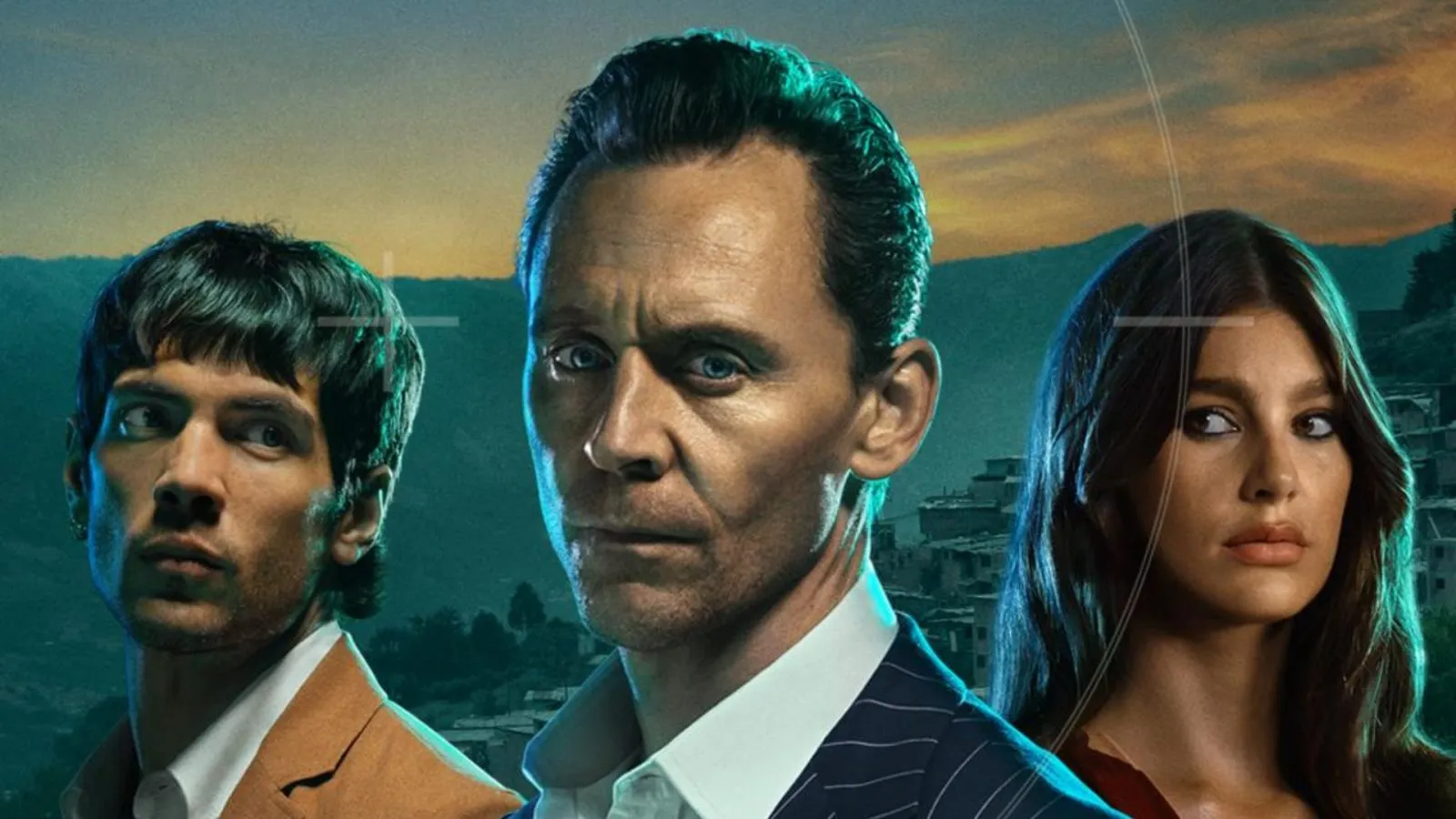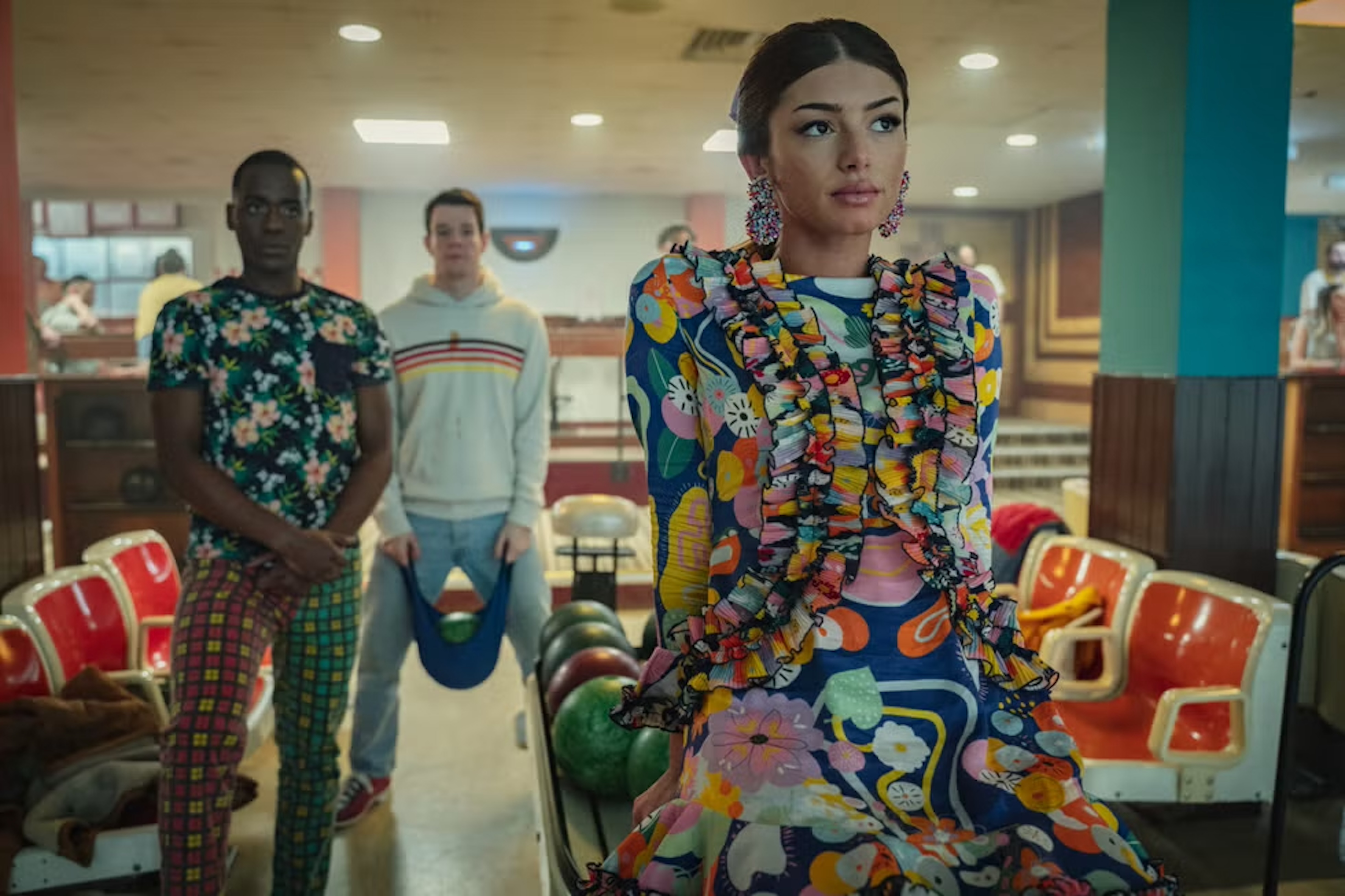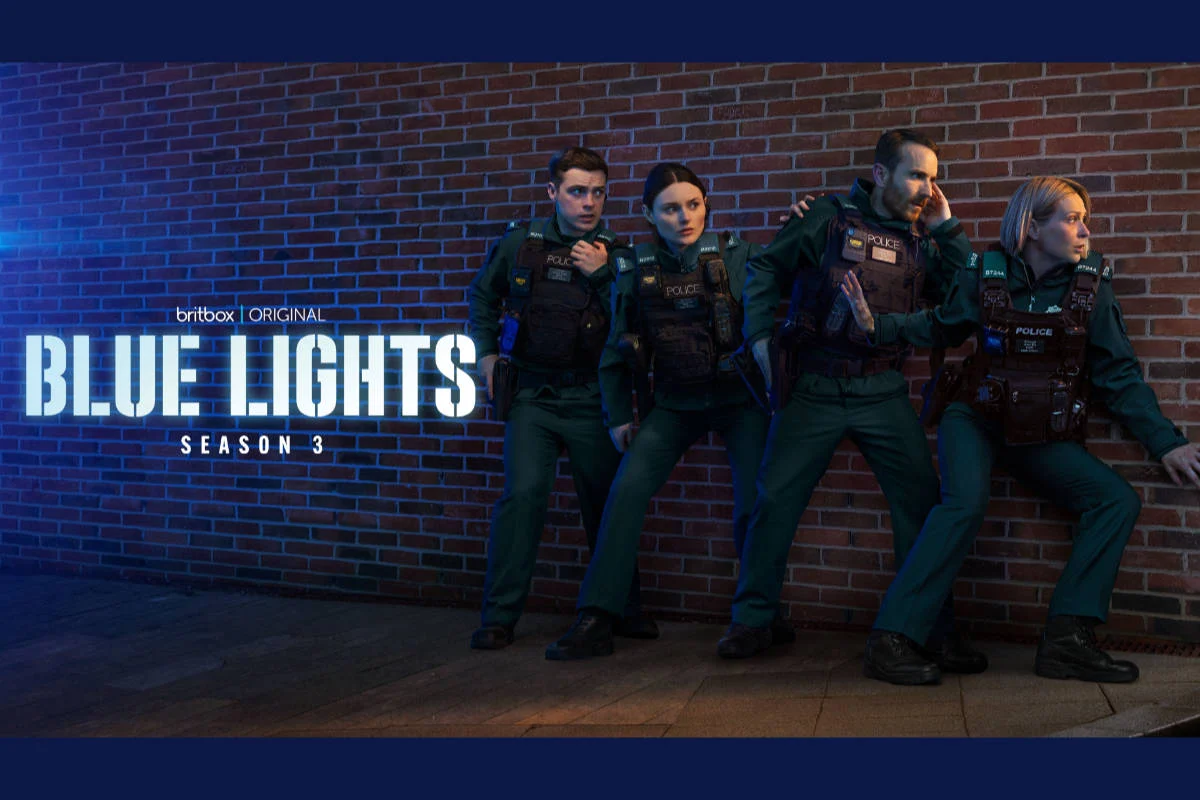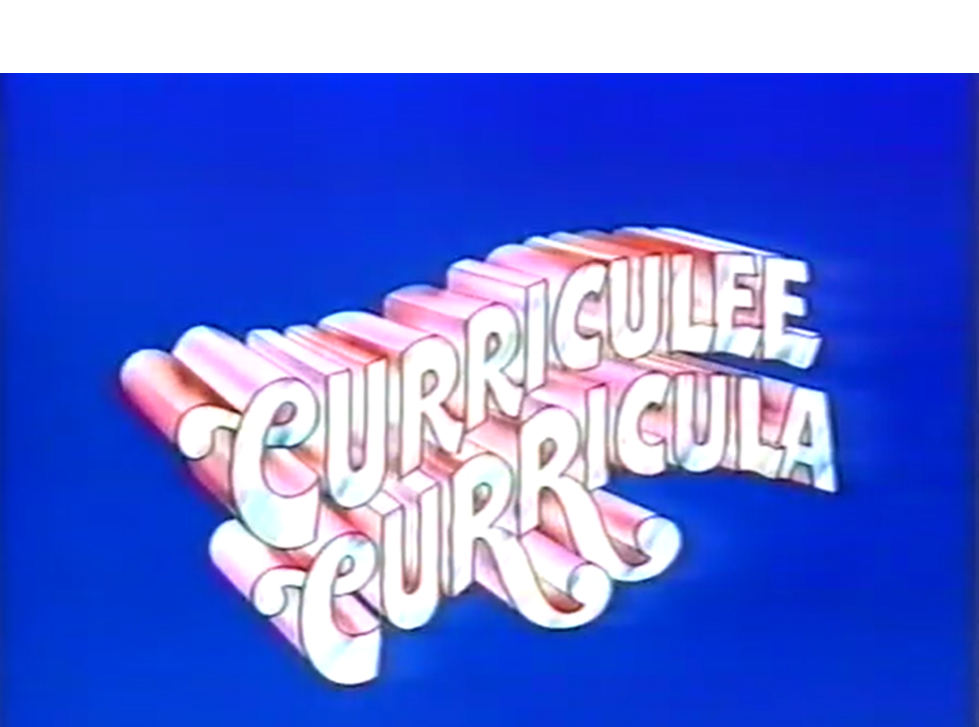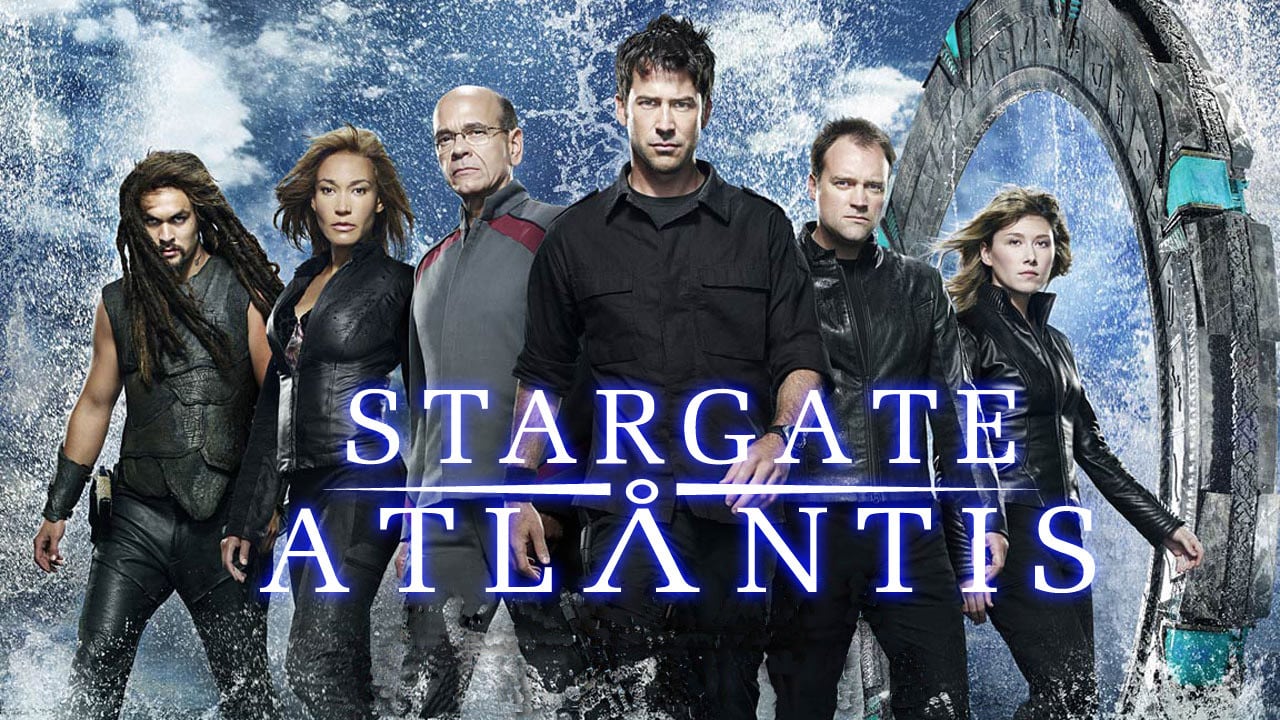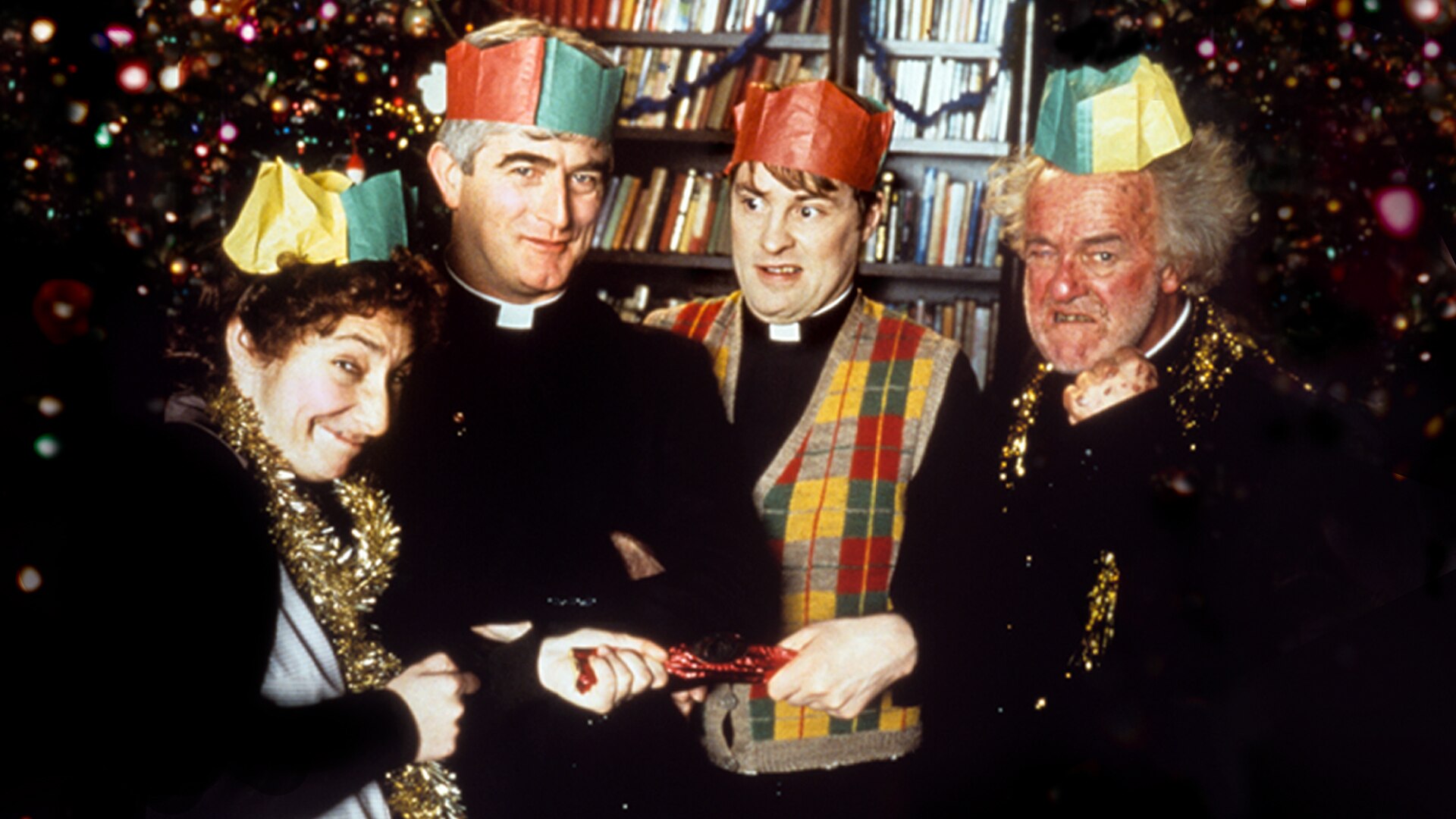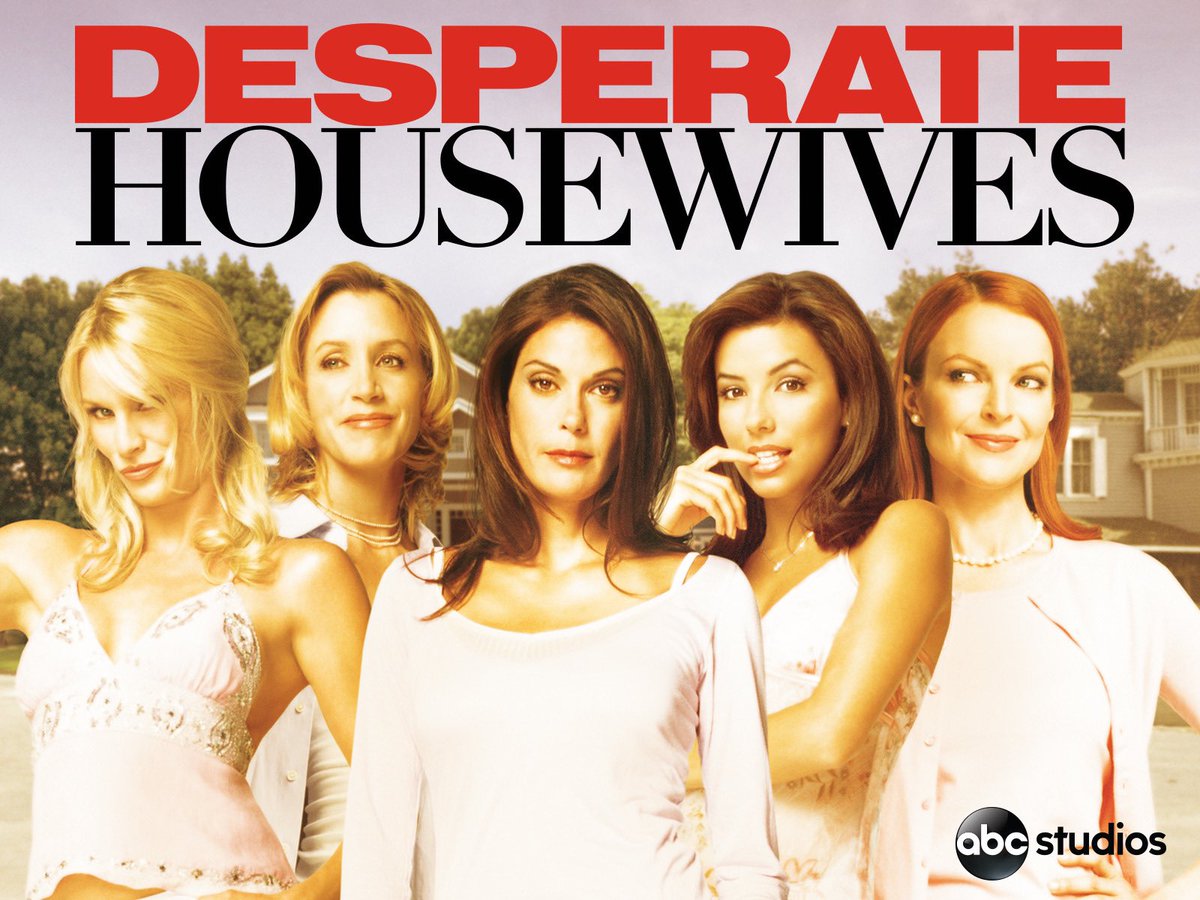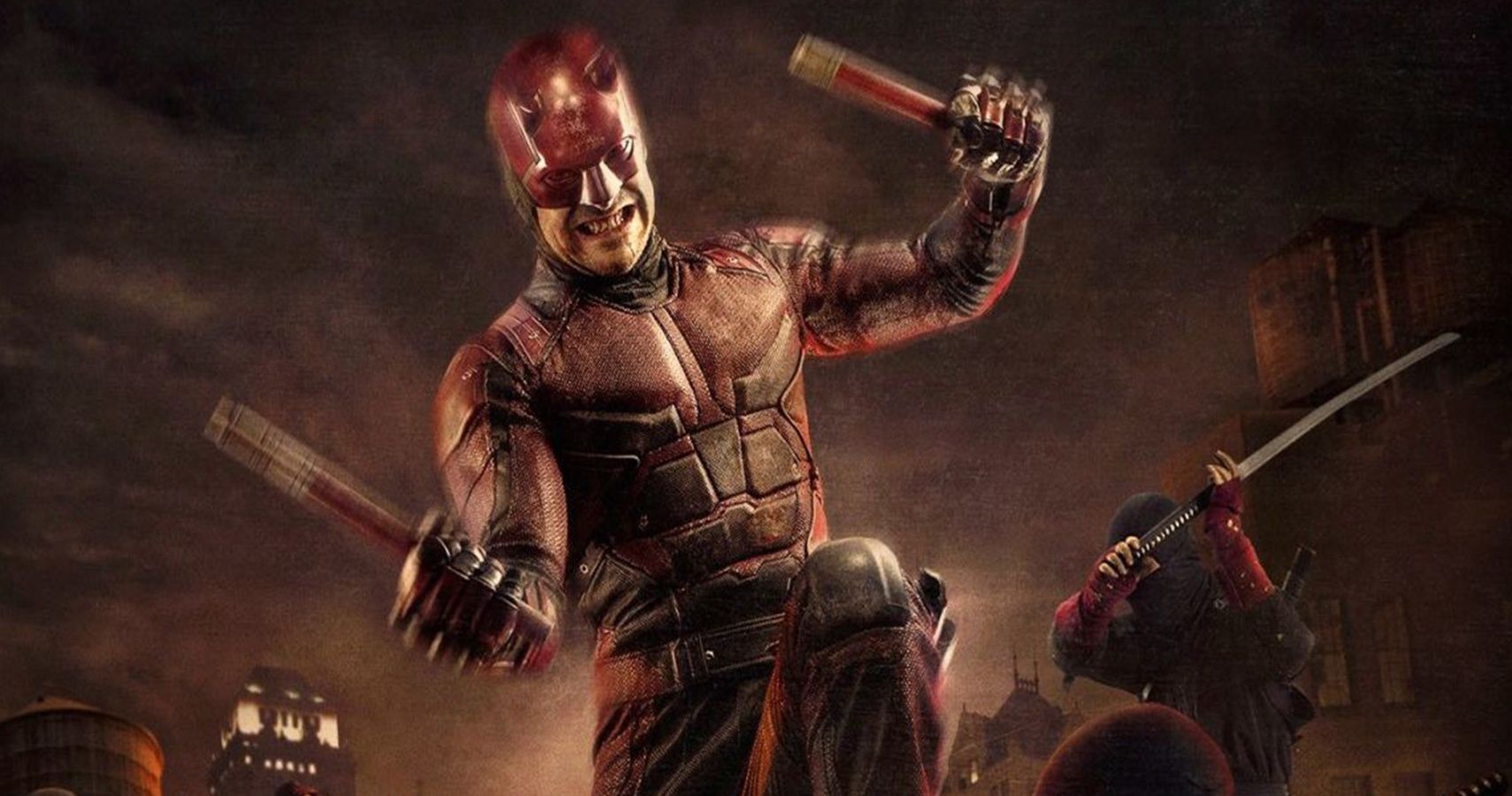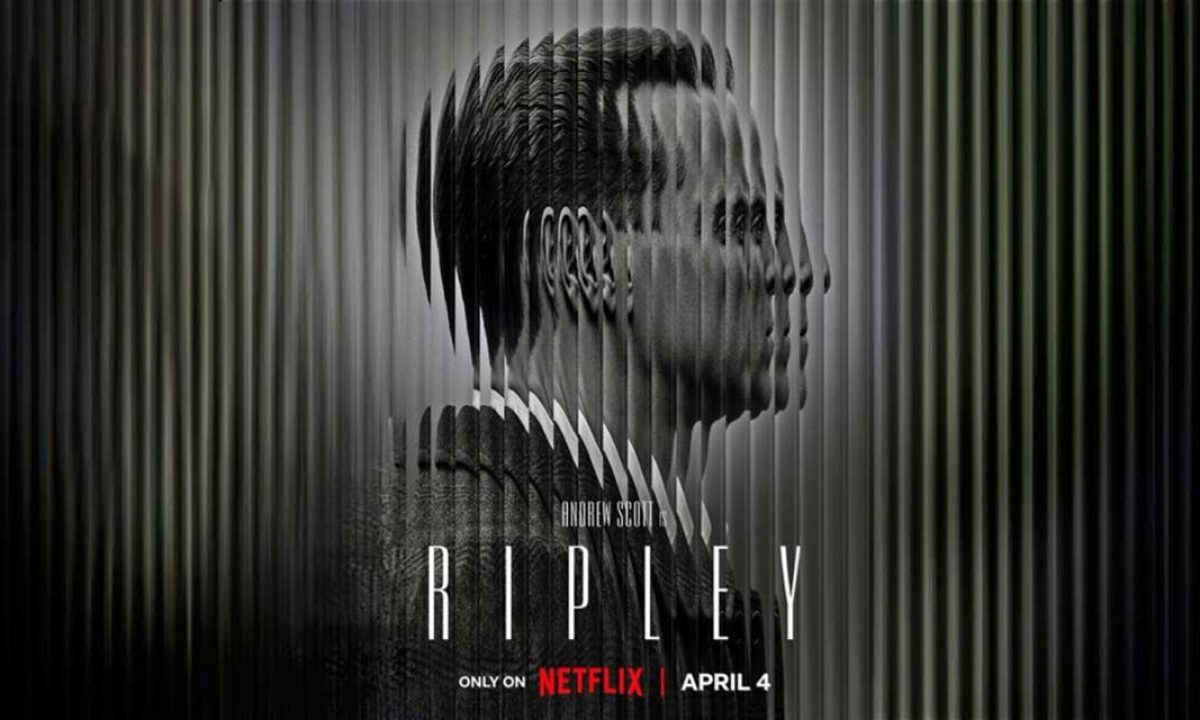
Steven Zaillian’s Ripley (2024), available on Netflix, arrives with the familiar signals of prestige adaptation: a canonical literary source (Patricia Highsmith’s The Talented Mr. Ripley), European locations, meticulous production design, and a controlled tonal palette. Yet one of its most distinctive features is not narrative content but tempo.
